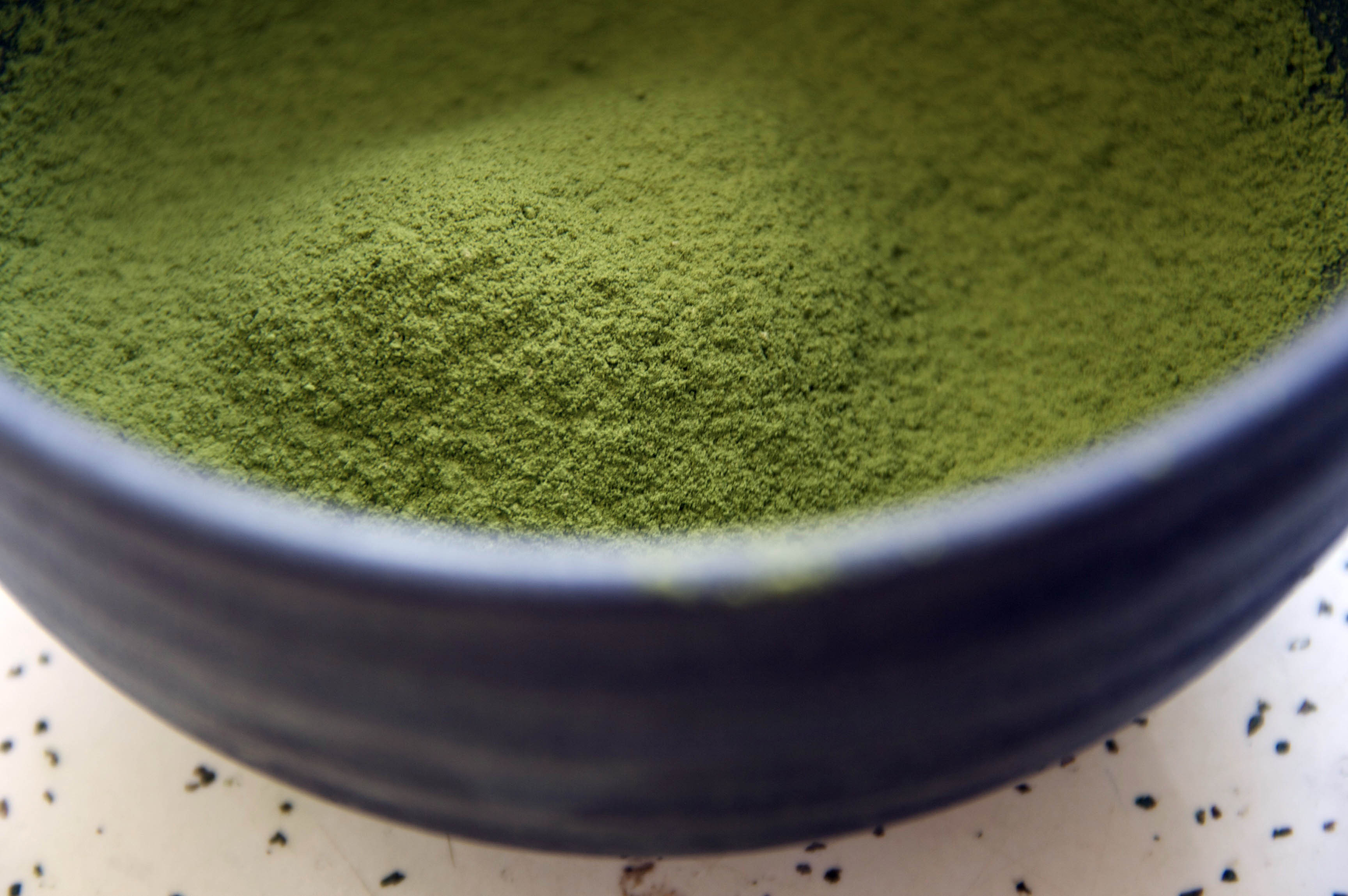Its signature look is an eerily bright green powder with an earthy, grassy scent: matcha, a specific type of green tea, originated in Japan. In fact, “cha” is the Japanese word for tea while “ma” means powder, literally translating to powdered green tea. In the past, matcha tea was typically served during Zen tea ceremonies, tea gatherings in Buddhism that encourage meditation and reflection. Nowadays, matcha has been transformed into a distinct flavor that has been introduced to a variety of other foods. Recently, health benefits of matcha have also been discovered.
Antioxidants are chemical substances that can effectively prevent or slow the break down of cells. Matcha is rich in antioxidants, in particular catechin, which is present in a greater amount in matcha than your typical leaf form of green tea. Why? When you are brewing matcha tea, 100% of the powder is used in the production of the tea. This means that almost all the catechins in matcha can be consumed, compared with loose leaf green tea with which you do not consume leaves themselves, which hold a large portion of the catechins. This is important because we know from a multitude of studies that catechins are one of the many antioxidants that have can help fight diseases such as cancer and heart disease, as well as increasing metabolism and fat breakdown.
Matcha has also been shown to improve focus and calm the mental and physical state of individuals. Inside the tea, we find caffeine and theanine. Theanine is a chemical compound that induces brain waves which result in a sense of calm wakefulness. Caffeine, on the other hand, is known to increase alertness and wakefulness. In a meta-analysis of the benefits of matcha, researchers discovered data to support the idea that matcha improved focus, alertness, and cognitive function in users.
Matcha tea is a well-rounded, natural way of treating common restlessness as well as potentially preventing more serious illnesses. With its many benefits and great taste, that eerily green powder may seem more appealing!
Feature Image Source: Jigme Datse Rasku










